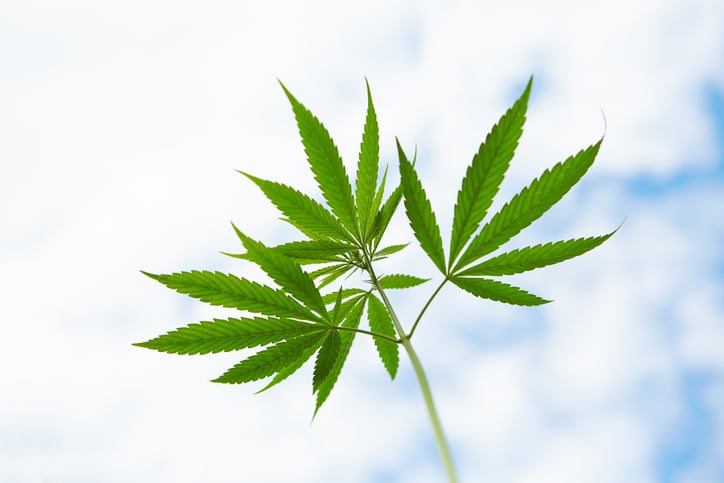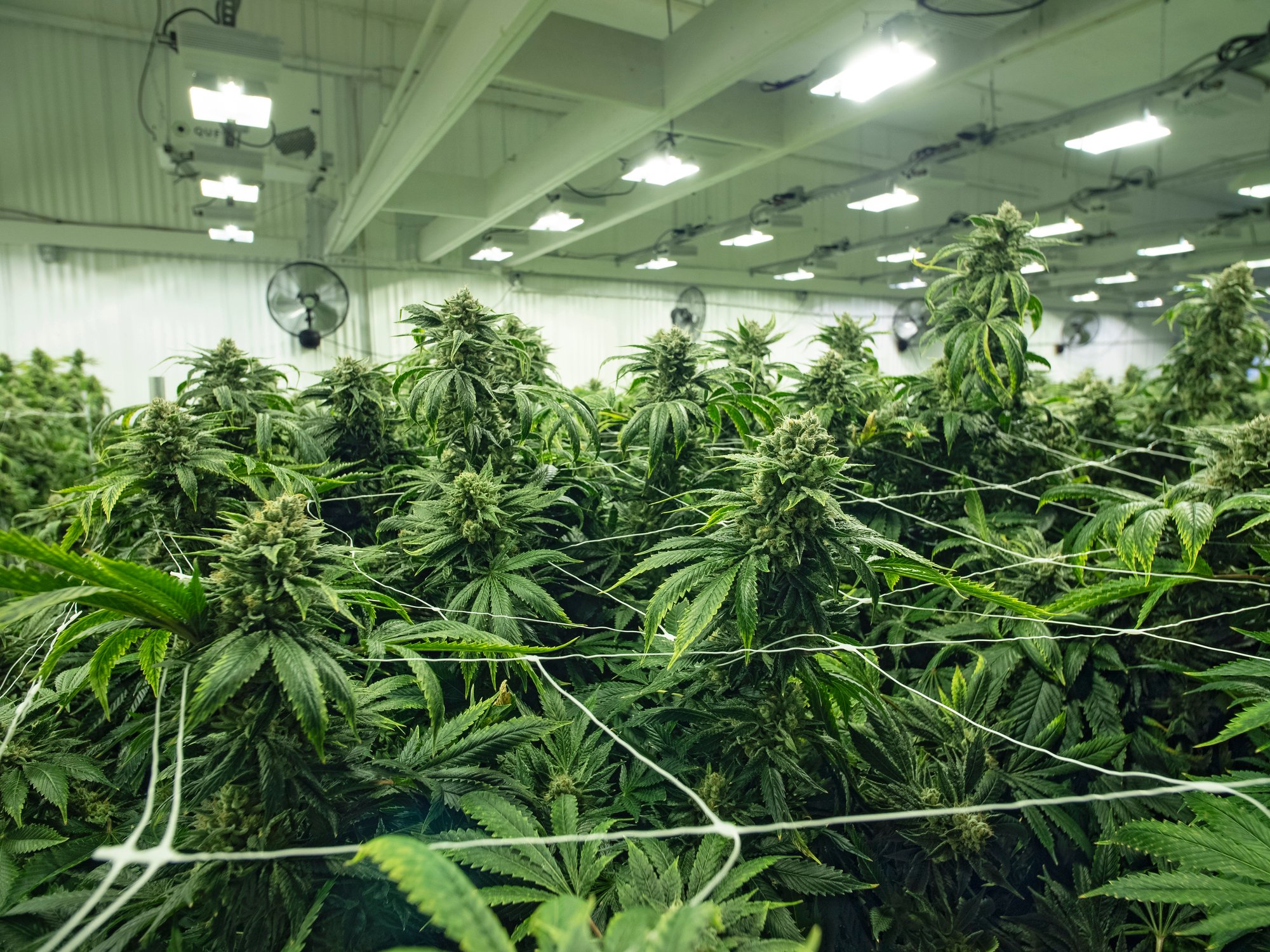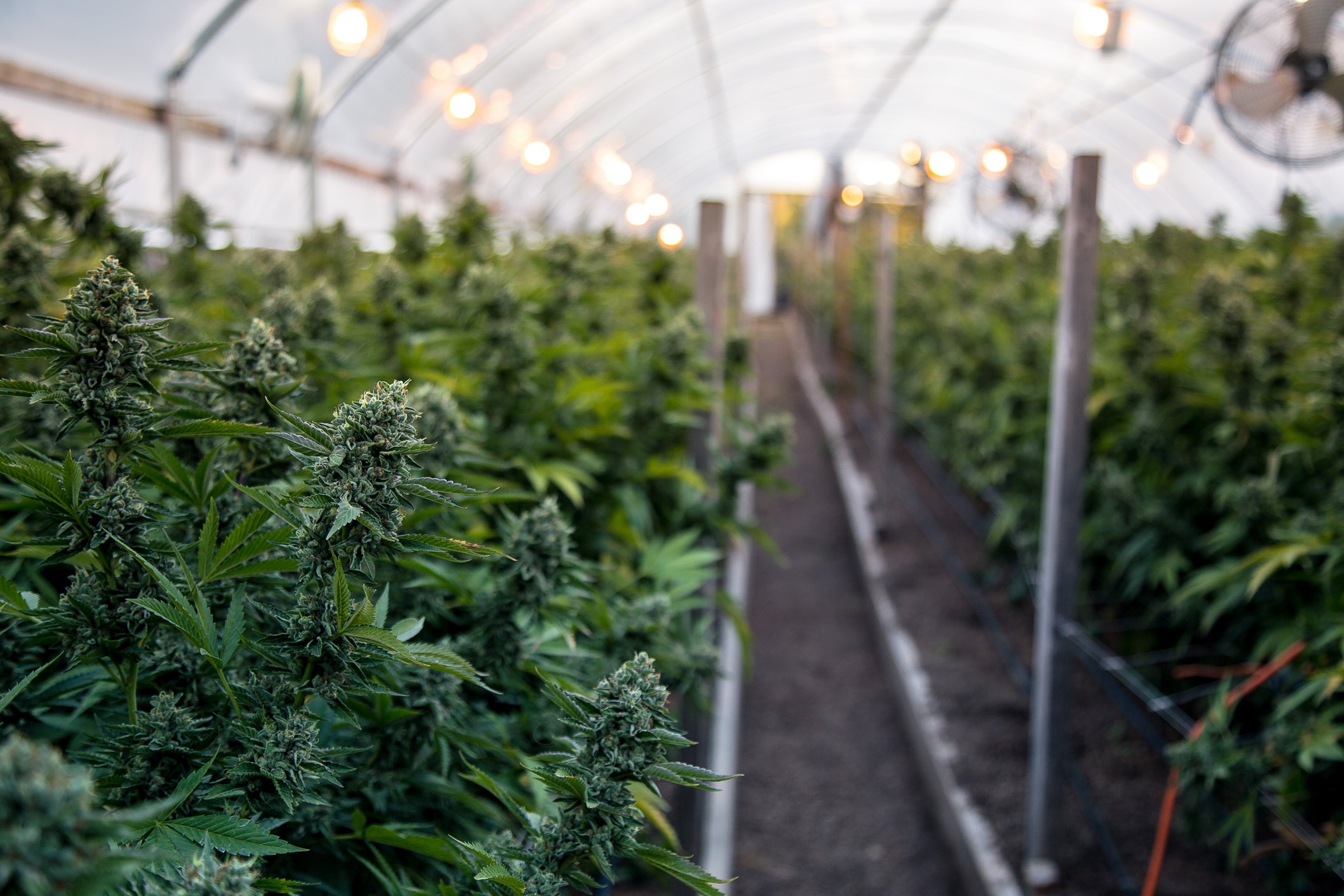The cannabis sector is widely projected to be one of the market's fastest-growing areas over the next decade, if not longer. The nascent Canadian recreational market should continue to boost that country's overall marijuana sales, more countries will likely eventually fully legalize cannabis, and the newly legal U.S. hemp market is poised to balloon.
The number of investment options in the cannabis realm can be mind-numbing. So we thought it would be interesting to ask three Motley Fool contributors who cover the space and invest in it to explain why they bought one of the cannabis stocks in their portfolios. Below, they detail their reasons for buying shares of KushCo Holdings (KSHB +0.00%), Village Farms International (VFF 2.17%), and Charlotte's Web Holdings (CWBHF +0.00%).
Remember, nearly all cannabis stocks are volatile and best suited to risk-tolerant investors.

Image source: Getty Images.
Why I'm sticking with this marijuana supply stock
Todd Campbell (KushCo): The marijuana market is shifting out of the shadows, and while many growers are likely to benefit from legalization, it's marijuana supplier KushCo Holdings that I think could be a savvy buy.
Last year, I picked up shares in KushCo, a maker of marijuana packaging, vaporizer parts, and solvents used in extracting cannabinoids, such as cannabidiol (CBD), that are used in oils. (CBD is a nonpsychoactive chemical found in the cannabis plant that has been linked with various medical benefits.) The company's sales have skyrocketed since then. However, its share price has declined because supply chain problems have increased expenses, zapping profitability.
Although I've lost money so far on my shares, I have no plans to sell them. KushCo is making investments in production and distribution that should rebalance supply and demand, and it's lowering its costs. Demand isn't likely to wane given strict regulatory requirements for packaging, and new products including vapes are expected to become available in Canada in December. Only 11 U.S. states have legalized recreational marijuana so far, so domestic demand should also increase as more states follow in their footsteps.
In fiscal Q3 -- KushCo's most recently reported quarter -- revenue was up an impressive 221% year over year to $41.5 million, and gross profit improved sequentially to 17.8% from 12.9% in the second quarter, an indication the company's recent investments are beginning to pay off. If consumers continue shifting away from the black market, growers continue investing in new marijuana-based products, and legalization spreads globally, then those who add KushCo stock to their portfolios now could profit handsomely.

Image source: Getty Images.
Leveraging 30 years of greenhouse-growing experience
Beth McKenna (Village Farms): I bought shares of Canada-based marijuana and hemp grower Village Farms because of the company's vast experience running a greenhouse-growing operation and its greenhouse assets. I figured these things should provide it with an advantage -- at least initially -- since many cannabis companies are Johnny-come-latelies when it comes to growing anything.
Village Farms is one of the largest and longest-operating greenhouse growers in North America, with 30 years of experience growing produce such as tomatoes. It operates 240 acres (about the size of 182 football fields) of giant greenhouses, about half of them in British Columbia, and the other half in Texas.
In 2017, the company entered the cannabis space via Pure Sunfarms, its joint venture with Canadian medical-marijuana company Emerald Health Therapeutics (EMHTF +0.00%). Earlier this year, the JV completed the conversion of Village Farms' Delta-3 greenhouse in Canada into a marijuana growing facility and exercised its option on the Delta-2 greenhouse, which will double its growing area and production capacity to 2.2 million square feet and 150,000 kilograms, respectively.
Additionally, Village Farms has entered the U.S. hemp market, which opened on Jan. 1. It has formed two JVs for outdoor hemp cultivation and cannabidiol (CBD) extraction. (Jim will talk more about the hemp-derived CBD market below.) And it recently began conversion of half of its 1.3 million square foot, West Texas greenhouse for hemp cultivation and CBD extraction.
Village Farms was profitable in its most recently reported quarter, thanks to its cannabis operation. In Q2, its total revenue grew 27% year over year to $53.5 million. Pure Sunfarms' revenue soared 125% from the first quarter to $24.2 million, half of which was Village Farms' portion. Net income was $9.9 million, or $0.20 per share, up from a net loss of $2.3 million, or $0.05 per share, in the year-ago period. Even without the nearly $8 million gain in the valuation of biological assets, Village Farms would still have been profitable.
The biggest risk for Village Farms stems from the fact that it's competing against some much larger players with deep pockets.

Image source: Getty Images.
Poised to ride the hemp-derived CBD growth wave
Jim Crumly (Charlotte's Web): Predicting the most likely winners in the race to ramp up marijuana production in Canada isn't an easy task for investors. But another way to profit from the rapid growth of the cannabis industry is to invest in companies supplying the market for non-intoxicating, hemp-derived CBD, which is just taking off in the U.S., where hemp was legalized at the federal level late last year. I bought shares of Charlotte's Web because it's the top brand by market share for CBD, and I think it's the best investment opportunity in the space.
The market for products containing CBD is in its early days. U.S. sales of products containing hemp-derived CBD are expected to amount to about $1 billion in 2019, but forecast to grow to between $6.1 billion and $7.5 billion in 2023, according to the trade publication Hemp Industry Daily. Charlotte's Web -- which sells topical creams, pure CBD oil, "full-spectrum" hemp extract, and products for dogs -- has been growing at a rate faster than the market.
The company is not yet profitable, and the stock carries two major risks. First, the U.S. Food and Drug Administration's official stance is that CBD is not legal in dietary supplements such as the ones the company sells, although the agency is evaluating its position. Second, while Charlotte's Web is delivering a fat gross margin of 75% now, it likely won't be able to maintain it at that level because competition is rushing into this space.
But CBD is going mainstream: The company's products recently landed on shelves at CVS Health, as well as 1,350 Kroger stores. Charlotte's Web is a relatively easy-to-understand consumer goods company that has the early lead in a booming, new market, and with its small market capitalization of $842 million, it's worthy of consideration for a speculative position by risk-tolerant investors.







